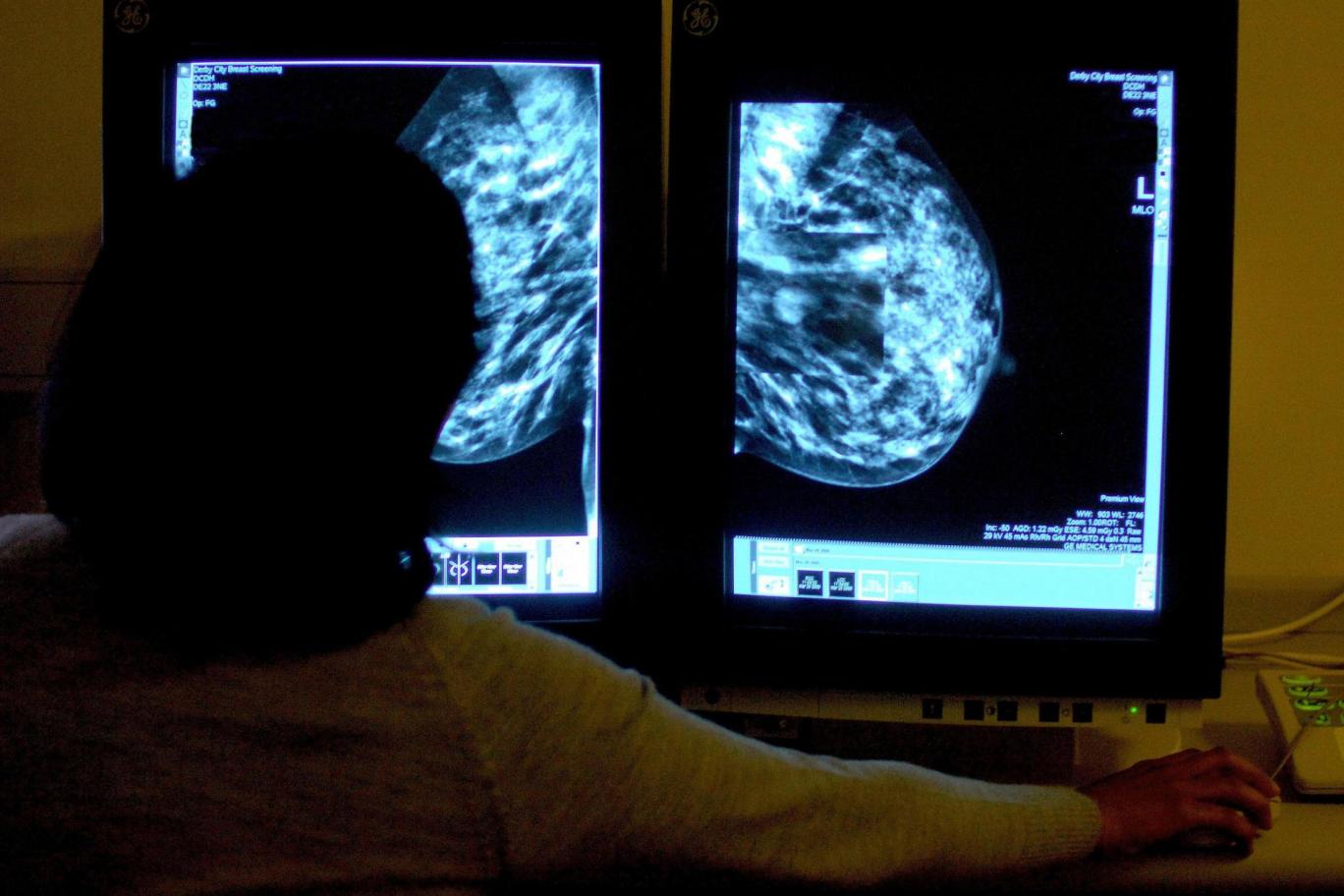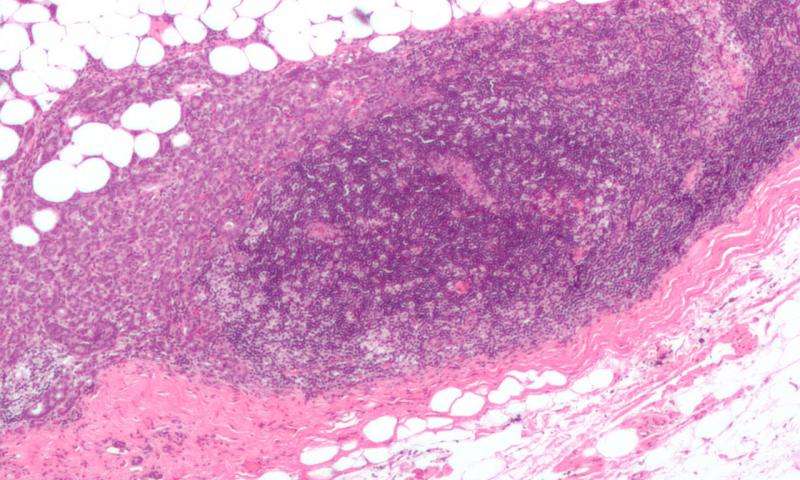현재 위치:홈 > 뉴스현황 > Press Events > New Tests Predicts W...
저자: 업로드:2017-08-08 조회수:
Scientists at the Institute for Cancer Research (ICR) in the U.K. have developed a computer tool that can predict the likelihood of breast cancer recurrence within 10 years of treatment in women with the most common estrogen receptor-positive (ER+) form of the disease. The image analysis system is used with routinely collected tumor samples to look specifically for clusters, or "hotspots," of tumor infiltrating lymphocytes (TILs), which can’t be detected readily by using a microscope.

The results from tests with the new system are reported today in the Journal of the National Cancer Institute, in a paper entitled “Relevance of Spatial Heterogeneity of Immune Infiltration for Predicting Risk of Recurrence After Endocrine Therapy of ER+ Breast Cancer.” The researchers, led by Yinyin Yuan, Ph.D., say the results indicate that different immunosuppressive mechanisms are at work in ER+ and ER– forms of breast cancer. The findings may also help to explain why newer forms of immunotherapy have demonstrated mixed levels of success against different types of breast cancer in clinical trials.
“What this study also tells us is that the immune system probably has a key role to play in how breast cancer responds to hormone treatment,” commented Paul Workman, FMedSci, FRS, chief executive at the ICR. “Measuring the immune response to cancer could be important in future to help identify patients who could benefit from immunotherapy.”
The ICR team tested the predictive power of their image analysis system on samples from 1178 women with ER+ breast cancer who had received treatment with either anastrozole or tamoxifen. The findings showed that while the overall abundance of TILs had no predictive value for disease recurrence, the presence of immune cell clusters, or hotspots, in and around the tumors was associated with a 25% higher chance of relapse within 10 years of treatment, compared with when TILs were more evenly dispersed. The results indicated that these spatial scores were as good as current tests, including the immunohistochemistry-based IHC4 test and the Oncotype DX 21-gene recurrence score (RS), at predicting late relapse.
Prior studies by the ICR researchers had found that immune cell hotspots in ER– breast cancer were associated with an opposite, lower chance of relapse, and this suggests that different immune system responses impact on the two types of breast cancer.
